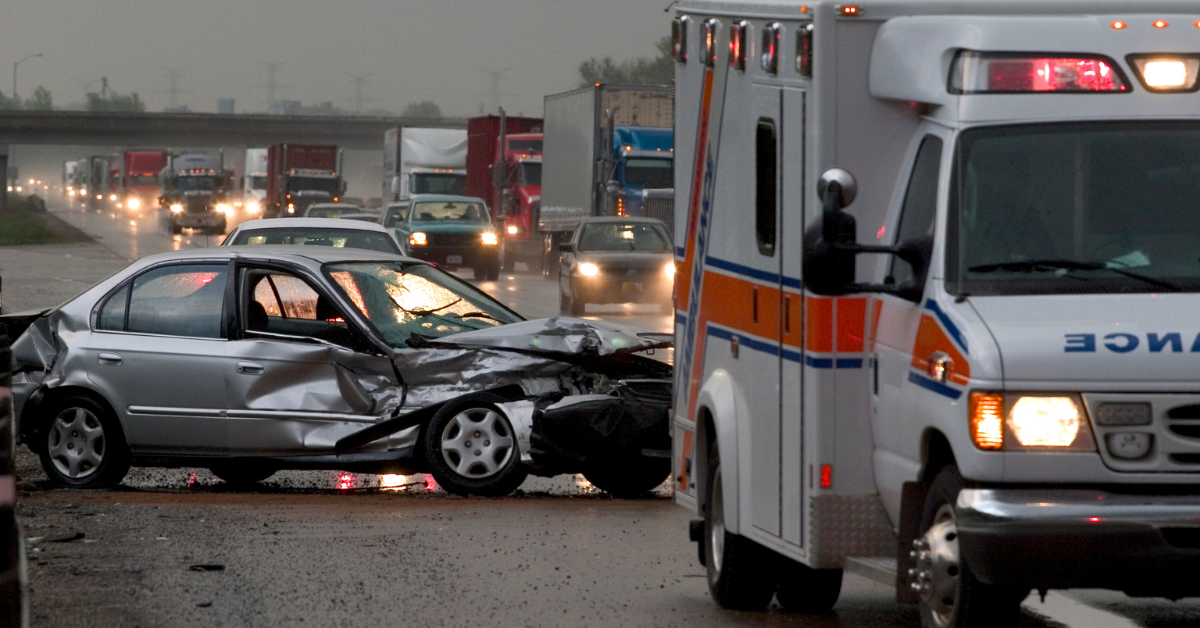How Long After a Car Accident Can You Claim an Injury

Not all injuries show up right after a car accident. There could be long-term health impacts on your body after a serious accident that you may not discover for years. Damage to internal organs or head injuries may not display immediate symptoms.
For that reason, the state of Massachusetts gives you three years to file a personal injury lawsuit after a car accident, according to their statute of limitations.
Long-Term Effects of Injuries
The most common reason that injuries may not show symptoms right away after a car accident is because of internal trauma. Injuries that may take a while after a car accident to appear include:
- Head injuries (including concussions, brain damage)
- Soft tissue injuries
- Back injuries
- Neck injuries (such as whiplash)
Even a minor car accident can cause long-term injuries that appear long after the accident has occurred.
If you were recently in an accident, seek medical attention, even if you are not experiencing immediate pain from your injuries. Keep an eye on symptoms that may develop over time, including nausea, dizziness, pain in the impacted area, or weakness.
How to Claim an Injury for a Car Accident
After an accident, you will need to report the accident to the police and your insurance company. These statements can be used later on if you are filing a personal injury lawsuit in relation to your car accident.
You should contact a personal injury attorney as soon as possible after being in a car accident. Car accident and personal injury attorneys have previous experience with all types of car accident cases and will know what the next best steps are for you to receive compensation for your injuries.
Personal Injury Claims for the Department of Conservation & Recreation
If your personal injuries were a direct result of something caused by the Department of Conservation & Recreation (DCR), your claim must be presented to the Acting Commissioner for the DCR.
Car accident injuries that resulted from the DCR include roadway defects.
What Should I Do After a Car Accident?
If you were just in a car accident, first make sure that everyone impacted by the accident is ok. Massachusetts state law requires you to call 911 if there were any injuries (even minor ones), death, or serious damage over $1,000 resulting from the accident.
Minor injuries should also be included in any police reports. Even if they don’t cause too much pain, the police report could serve as proof later on that the injuries were sustained as a direct result of the accident.
What is the Statute of Limitations in Massachusetts?
The statute of limitations in Massachusetts is a law that sets a maximum of time after an event in which you can file a lawsuit or initiate legal proceedings. In the case of a car accident, you have 3 years to begin legal proceedings.
Three years after your car accident, you are no longer able to file a personal injury lawsuit.
How Much Compensation Can I Receive?
The amount of compensation you receive for your injuries depends on a variety of factors including:
- The extent of your emotional and physical injuries
- Medical bills
- Rehabilitation for your injuries
It can take a while before you reach a settlement for your car accident. That time period can be stressful when handling bills and emotional trauma that may have been caused by your accident. Because of this, it’s important that you proceed with legal proceedings as soon as possible after experiencing an injury from a car accident.
Even if you are experiencing minor symptoms of an injury at first, it’s important to take that pain seriously and see medical attention before it progresses into a more serious issue. You also don’t want to file proceedings too close to the 3-year statute of limitations.
Disclaimer
The information contained in this blog is for general information purposes only. Bonville & Howard assumes no responsibility for errors or omissions in the contents of the blog.
In no event shall Bonville & Howard be liable for any special, direct, indirect, consequential, or incidental damages or any damages whatsoever, whether in an action of contract, negligence, or other tort, arising out of or in connection with the use of this blog or the contents of this blog. Bonville & Howard reserves the right to make additions, deletions, or modifications to the contents of this blog at any time without prior notice.
